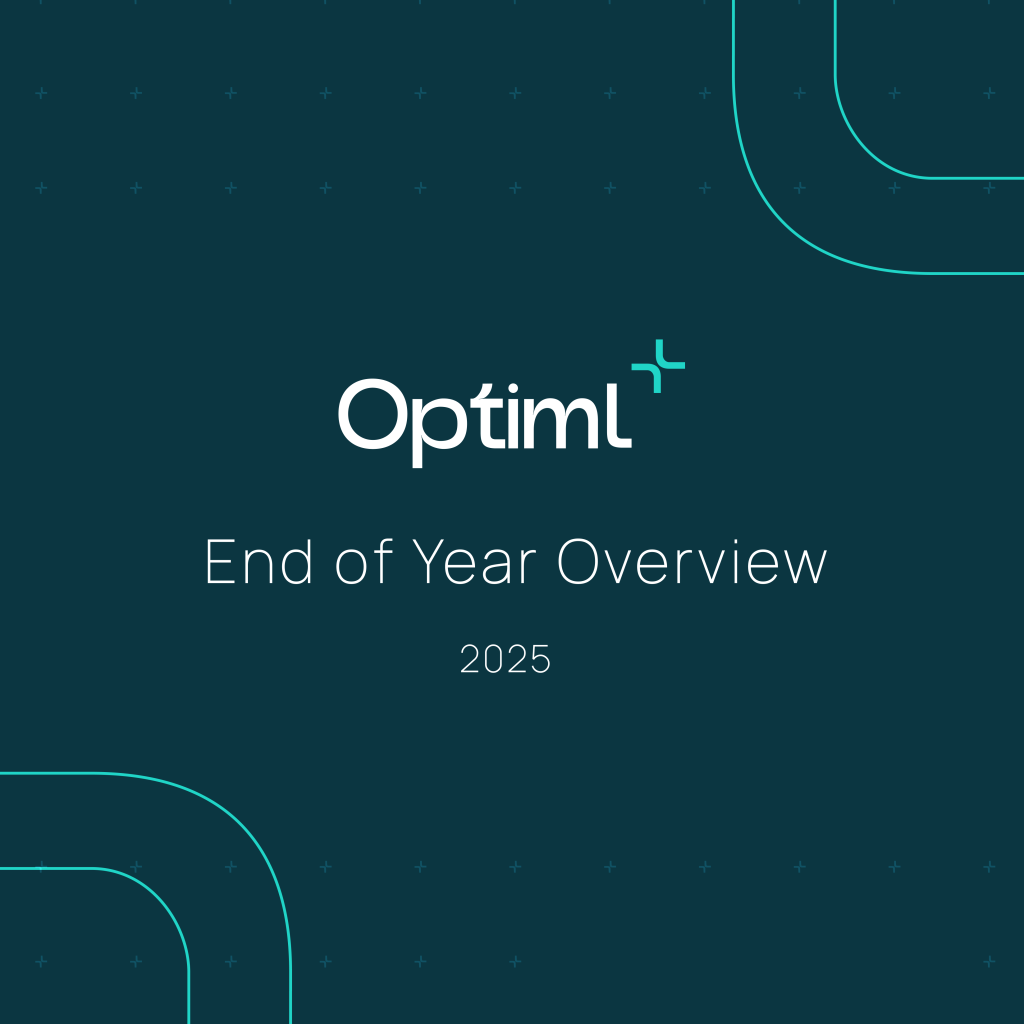
As the real estate industry deals with rising regulatory pressure, climate targets, and fluctuating market conditions, decision-makers are searching for advanced technologies to stay ahead of the curve. Among these, Decision Intelligence is emerging as a powerful tool, reshaping renovation and investment planning. From improving Capex to decarbonizing whole portfolios with one strategy aligned to EU Taxonomy requirements, Real Estate Decision Intelligence is set to play a pivotal role in the future of the real estate industry.
Why Real Estate Needs Smarter Decisions
Climate change, regulatory frameworks like the EU's Renovation Wave, and increasing energy costs are forcing asset & transaction managers or consultants to rethink how to invest in or renovate assets and portfolios. Manual decision-making processes are no longer sufficient to handle this complexity.
Traditional tools, such as Excel spreadsheets and manual data analysis, fall short when it comes to optimizing whole portfolios for sustainability, compliance, and profitability. This is where Real Estate Decision Intelligence steps in, offering a more dynamic and data-driven approach. Real estate professionals can now simulate various scenarios, such as renovation strategies, financial forecasting, and energy consumption across different measures, ensuring decisions are not only timely but also aligned with sustainability and business objectives.
How Decision Intelligence is Changing Real Estate Management
1. Optimized Energy Efficiency and Sustainability
One of the biggest challenges in real estate today are regulations and climate targets. Buildings contribute to nearly 40% of global CO₂ emissions, and the path to decarbonization involves strategic renovations and operational changes. Real Estate Decision Intelligence helps asset managers & consultants prioritize which buildings to retrofit first, which energy-saving measures to adopt (down to component level), and how to balance costs with environmental impact.
For example, by using energy simulations in combination with optimized algorithms, more technical asset managers and consultants can assess the impact of installing solar PV, upgrading HVAC systems, or improving energy efficiency on both carbon footprint and operational savings. Importantly, coupling these demand- and supply-side measures have been shown to save up to 30% Capex in real projects, for example by doing an envelope renovation a few years earlier to install a smaller HVAC system.
2. Streamlined Renovation and Decarbonization Strategies
One of the key advantages of Real Estate Decision Intelligence (REDI) is its ability to streamline the renovation process. With REDI, real estate professionals can efficiently plan, prioritize, and start executing renovations, all while optimizing for cost and sustainability. Using digital twins and AI optimization algorithms, property managers can create virtual models of their buildings, simulating the effects of various renovation options. This enables them to choose the best course of action based on factors such as regulatory compliance, cost-effectiveness, and carbon reduction, ensuring that the project stays on track and within budget.
3. Better Risk Management and Forecasting
The real estate market is inherently volatile, influenced by factors such as economic shifts, market demand, and regulatory changes. Real Estate Decision Intelligence offers a way to mitigate risk by providing predictive insights into market trends, helping real estate professionals make proactive decisions. REDI software can forecast potential financial outcomes based on different scenarios – whether it’s the effect of rising interest rates on property value or the long-term return on sustainable investments. Importantly, policy scenarios can be forecasted which can create a first-mover advantage in a traditionally slow industry, for example in the recent case in Netherlands where EPC level C office buildings could not be let. Overnight, this type of regulation affects investment strategies.
By incorporating external data sources such as energy prices, climate data, and regulatory updates, REDI ensures that decisions are holistic and future-proof, reducing the risks associated with unforeseen market changes.
The Future Outlook: A Smarter Real Estate Sector
As the demand for sustainable and energy-efficient buildings grows, so will the role of Real Estate Decision Intelligence. By integrating AI-driven insights into day-to-day real estate management, companies will be able to balance their financial goals with their sustainability commitments. Whether it’s optimizing portfolios for Net Zero compliance, predicting market trends, or managing renovation projects, REDI offers a comprehensive solution for the challenges of tomorrow. For real estate companies, the future is clear: smarter, faster, and more sustainable decisions driven by data and innovation.
Ready to transform your real estate decision-making? See how Optiml's Real Estate Decision Intelligence platform can help you optimize your portfolio's performance while meeting sustainability goals.





